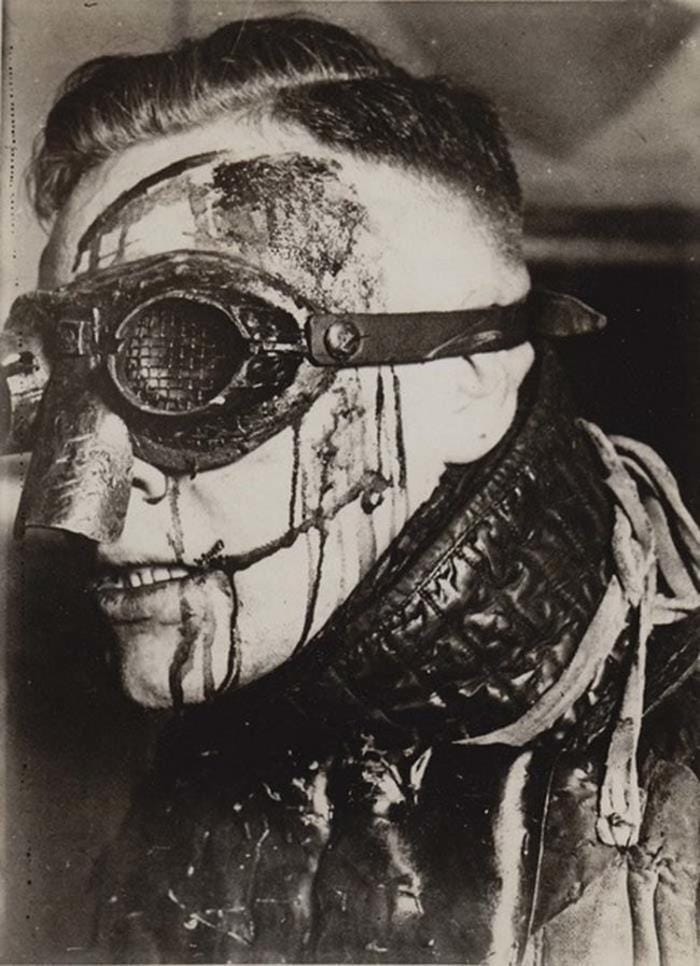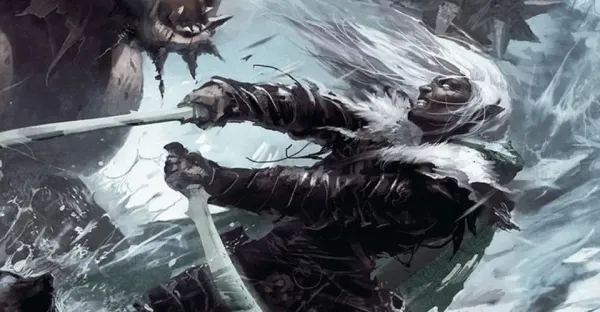OCTOBER '24: the Pragmatics of Hope and Big Asses
Hope is a Verb
Sorry it’s a little late this month – I’ve been struggling with my anxiety as the US election looms. It’s hard not to feel like the world is balancing yet again on a knife’s edge. I was paralyzed by anxiety in 2020 and I find myself paralyzed again. I managed to keep some momentum up by throwing myself into revisions on Endsong #3 but I wrapped that round up late last week and sent it through to my publisher, and in the subsequent days I’ve been able to do nothing but doomscroll.
But yeah, book 3 has been returned to my editor for the first round of revisions. Like every draft it’s a bit squirrely, but it’s stronger than The Sunforge was when I first handed it in, and TSF has ended up being a novel I’m immensely proud of. It was born out of the months leading up to Posie Parker’s arrival in New Zealand – I don’t think people realise how bad it got for trans folks here. I – among a lot of the community – packed a bug out bag and always had an eye on the exits. I was dreaming of fire every night.
When Parker arrived, she was chased off by a groundswell the media had been completely unprepared for. The mood that had been set by the news and by social media was that the trans community were small, powerless, easy targets. Nobody was particularly sympathetic towards us. When I showed up in Civic Square in Wellington it was completely packed, flowing out across the bridge. Parker didn’t show up. A single TERF in a dinosaur suit pushed her way into the middle of the crowd surrounded by police and tried to pick fights with people, so the organisers cranked the music up and everybody danced and ignored her until she stormed off, her bodyguard of cops in tow.
I saw a wave of hatred rising, felt myself drown in its shadow, then I watched as it broke and rolled back.
I’m skeptical about hopepunk. When I first heard the word it was electric, hope as a revolutionary idea, people existing in the darkest and worst hours of their lives holding onto a guttering spark. What I’ve seen in practice is … an aesthetic of niceness. Wouldn’t it be nice if everything was nice? Sure it would, but there’s nothing punk about that, and everything isn’t nice so what now? It’s not enough for me to imagine better futures, I want to draw maps of how to get there. All of my frustration, over the world and over art, kind of spilled out into the final chapters of book 3:
“Wajet had hope. He couldn’t not. The world had tried to quench his flame again and again and the way he’d learned to handle it was to smile and make jokes and try to make things better and safer for everybody else. The only other option was to lay down and die. Hope wouldn’t save the world, but you couldn’t save the world without it. You could say ‘this time it’ll be different’ until your tongue went blue and it would change nothing, but if you didn’t believe it could be different there was no point even trying. Hope was a spark: bright and golden and incredibly short-lived, but it’s what you needed to start an engine, to light a match. It was a brief impossible moment and you could stare at it and say to yourself wow that’s pretty or you could put the spark to an oily rag then put a flaming liquor bottle through the windows of the corrupt pigs and politicians and vicious miserable bloody wizards that started all this.”
It’s not enough to hope; you have to let it start something. You have to act. We drove Posie Parker back into the shadows. That tour destroyed whatever shred of credibility she had. We won, but we didn’t win by sitting around thinking about how nice it would be to win, we won because we got organised, we mobilised, we acted.
If you’re in the US, you can do something right now: you can vote. Let hope drive action and send the fash packing. If that doesn’t work, well there are other actions you can take, ones I probably cannot discuss without getting into trouble with ghost dot io. Hey unrelatedly let’s talk about swords.
Overthinking Pringle’s Big Asses
I said I was going to talk about Mensur but I’m saving that for a time when I’m mentally sharper, I think. Right now I want to talk about the pragmatics of fencing manuals.
So there’s an in/famous sabre manual called Instructions for Training a Ship’s Crew to the use of Arms in Attack and Defence by William Pringle Green, who we’ll call ‘Pringle Green’ going forward, both because that’s how sabre fencers tend to refer to him and also because it’s funny.
If you’re a fencer in 2024 in modern gear with a nice fencing sabre, fencing against a single opponent in a gym with a flat and stable floor, Pringle Green sucks. It’s kind of a punchline, and not just because my man drew the illustrations himself and keeps giving his sailors big juicy dumptruck asses.
Pringle Green contains an incredibly simple system of defence that has only three guards: left, right, and top. If your opponent attacks left, use left guard. If your opponent feints, well, you’re dead, because we didn’t plan for that. It barely covers offence at all.
The thing we tend to forget is that this isn’t written for a modern HEMA fencer, it’s written to be yelled at a bunch of recently-pressganged sailors who’ve never picked up a sword in their lives, as French sails appear on the horizon and you’ve got an hour tops before enemy marines are coming over the gunnels. It has no real fancy footwork because it assumes you’re fighting on the crowded, constantly-moving deck of a ship. It focuses on defence rather than attack because it assumes you’ve got hundreds of your mates with you, and if you can keep a Frenchman busy for 10 seconds that’s enough for somebody else to shoot him in the head.
I teach Pringle Green’s guard system to absolute newbies. It’s a good way to get them sparring quickly without overloading them with Italian terminology and complex counterplays. There are very experienced competitive sabre fencers out there who swear by old mate Pringle’s guards – if you ever hear people discuss ‘the Iron Triangle’, that’s what they mean: sword left, sword right, sword up.
Because HEMA is a sport and has tournaments, we gravitate towards the techniques that win tournaments, and those techniques are ones designed to win 1:1 duels on flat ground. But we also claim to be historians, and I think it’s important to understand our history and the context of that history, even if it means delving into manuals designed for sabrists fighting in more complex environments, that aren’t super useful in a modern duelling context, like Pringle.
Also once you’ve fired your pistol you flip it around your finger and use it as a shield and that goes so hard, Pringle mate you’re cracked for that one. One of the girls at the club made some 3D printed NERF flintlock pistols and we’ve had a lot of fun with them.
Which is a lot of words to say: the manuals that HEMA enthusiasts direct you towards won’t always be the ones that suit writing SF/F. Don’t trust us about which manuals are the best, unless you’re very specific about what you want, because otherwise you’re going to get the tournament allstars: Barbasetti, Lichtenauer, Fabris ad nauseum. They’re great manuals, critical manuals, but maybe not what you’re looking for.
In Closing
I'll try to be more coherent next month. The Mensur issue is COMING, I swear, because it was a whole wild subculture that deserves time and attention I don't think I can give it right now. Have a practitioner to whet your appetite:

In the meantime, what am I up to? Waiting for book 3 to come back, and taking a short rest because I feel very much on the verge of burnout, though I'm tinkering with The Spy Novel when I feel up to it. It's starting to feel like Graham Greene by way of Pratchett and it's the most fun I've had writing in a long time.
The setting is a setting I intend to revisit. I'm done with trilogies for a long time after Endsong wraps, but I intend to write standalones in a shared universe, and I think The Spy Novel's universe has the juice. "What if 17th century Istanbul was in the Southern Alps" I asked myself and the water is running fiercely quickly downhill from there.
I'll see you next time? And I hope things are looking up by then, and I hope that hope can become action, rather than a bromide. Get out there today, and do what you can.
Yours,
Alexandra 'Sascha' Stronach
04/11/24

